 The first response of US legislators to the economic crisis was a whole raft of “America First” measures. “Buy American” provisions were embedded in the various stimulus packages being proposed, all designed to ensure that only American corporations and American workers benefited from the measures. Commitments entered into with other countries, particularly the North American Free Trade Agreement, were suddenly under review. According to a New York Times article earlier this month, a Harvard university economics professor, Kenneth S Rogoff, warned ‘that the United States is in “great danger of backing away from free trade”. That, says the professor, could be a “disaster”.’
The first response of US legislators to the economic crisis was a whole raft of “America First” measures. “Buy American” provisions were embedded in the various stimulus packages being proposed, all designed to ensure that only American corporations and American workers benefited from the measures. Commitments entered into with other countries, particularly the North American Free Trade Agreement, were suddenly under review. According to a New York Times article earlier this month, a Harvard university economics professor, Kenneth S Rogoff, warned ‘that the United States is in “great danger of backing away from free trade”. That, says the professor, could be a “disaster”.’
 All sorts of responses are possible to a comment like that. Advocates and opponents of globalization could tear each other apart over the idea that protectionism is synonymous with disaster and free trade with wealth-creation. But the part of the professor’s assertion that bugged me was that phrase “backing away”. How do you back away from somewhere you’ve never been? To suggest that the United States is backing away from free trade is like suggesting that Barack Obama is backing away from the Klu Klux Klan.
All sorts of responses are possible to a comment like that. Advocates and opponents of globalization could tear each other apart over the idea that protectionism is synonymous with disaster and free trade with wealth-creation. But the part of the professor’s assertion that bugged me was that phrase “backing away”. How do you back away from somewhere you’ve never been? To suggest that the United States is backing away from free trade is like suggesting that Barack Obama is backing away from the Klu Klux Klan.
In Empires Apart I describe in some detail how the American and Russian economies developed in very different ways over the last two or three centuries, but one thing they had in common – neither had any time for free trade.
Britain’s American colonies grew rich behind tariff barriers and that continued after independence. America’s manufacturing might was built behind punitive tariffs – by 1913 average tariff rates on imported manufactures were zero in Britain, 13 per cent in Germany, over 20 per cent in France and a massive 44 per cent in the US. In 1932, while the world was wallowing in depression, American import duties incredibly reached almost 60 per cent of the value of imports.
More recently a reader who booked a cruise from New York to Canada and then back to Florida complained to the travel pages of the Observer that he been made to leave the ship in Quebec City and travel overland to Montreal. The reason, it transpired, was that the US Jones Act (technically the Passenger Services Act) makes it illegal for passengers to travel from one US port to another on a non-US vessel. To avoid this protectionist legislation, foreign cruise operators have to break their voyage into separate unconnected legs, each starting or terminating outside the US.
True there have been some tariff reductions but these have in practice been easily balanced by the massive subsidies given to exporters, especially farm exporters in electorally critical states. The obscene subsidies paid to cotton farmers in the Bush home state of Texas and to rice growers in Clinton’s Arkansas have devastated third world competitors.
There are fundamental differences in what for want of a better word might be described as the political “ideologies” of Americans and Europeans. America is essentially parochial. Anyone watching US TV in the last few years must have been struck by the campaigns trying to persuade American drivers to convert to bio-fuels. But whereas in Europe the adverts would have concentrated on the benefits to the environment or on price the message on American TV was quite different: help reduce American dependence on foreign oil.
No wonder that in the latest economic crisis legislators made sure that foreigners would not benefit from their largesse – even to the point of insisting that banks receiving federal aid be banned from applying for work permits for foreign workers. US electors expect their representatives to put US interests first. In 2007 a Pew Global Attitudes Survey ranked 47 countries as varied as Bangladesh, China, Germany and Nigeria in terms of support for free trade: the US came last.
The stimulus bill passed by Congress last February contained numerous Buy American measures, with broad restrictions on buying foreign-made iron, steel and manufactured goods alongside a pious insistence that international trade agreements need to be respected. Robert Gibbs, a White House spokesman showed what the debate was really about when he claimed that: “Where we ended up . . . is the right compromise that respects the [Buy American] laws that we’ve had on our books for many, many years while also ensuring that the language doesn’t create unnecessary trade disagreements.” The substance can be protectionist as long as the language is not.
To an economist, the US may seem to be backing away from free trade but to a historian the US is simply standing still.

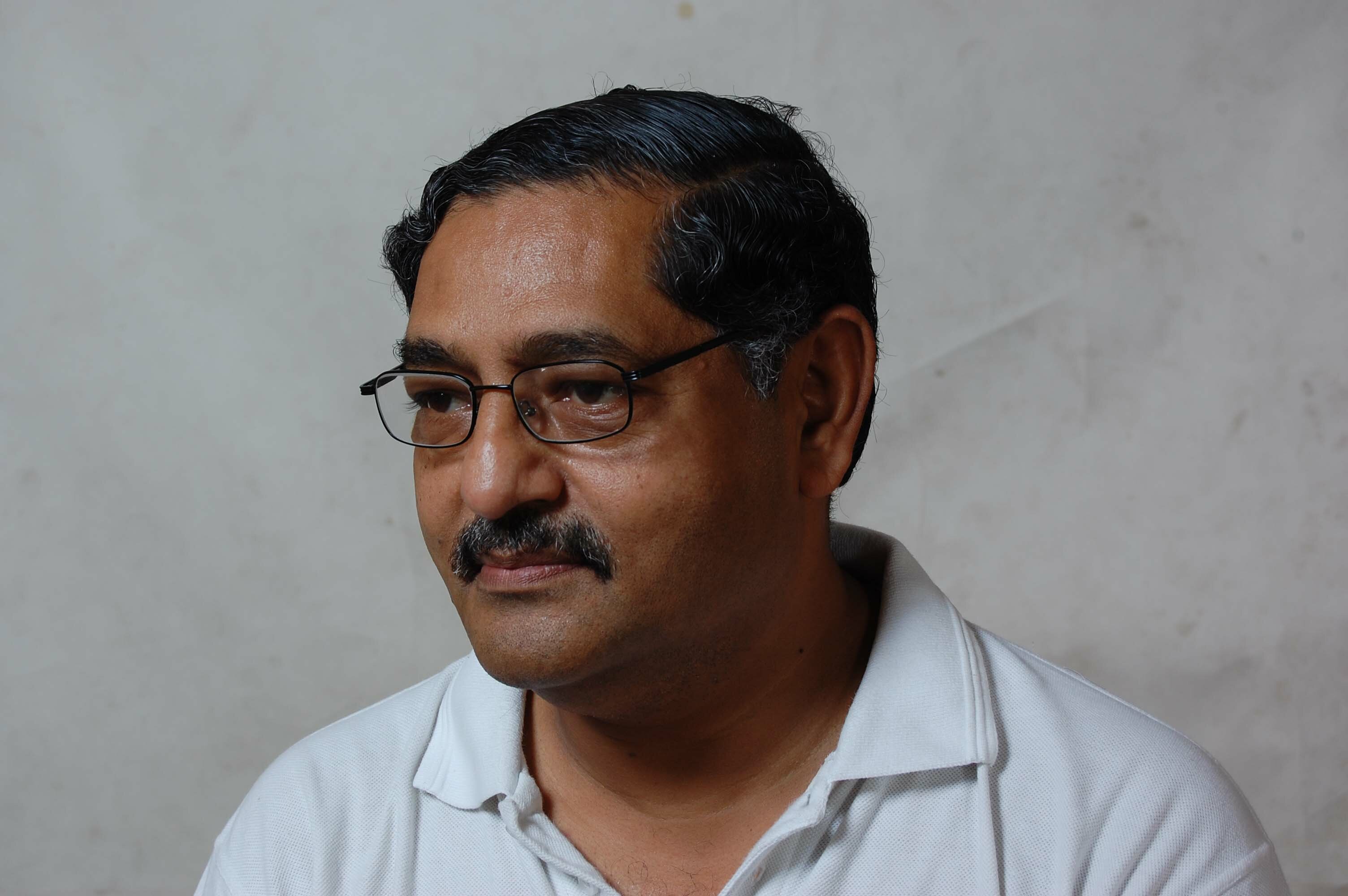 mysterious Saraswati. This last river takes its name from the Hindu goddess of learning, the arts and creativity. This ancient town has attracted learned men, artists and authors just as it has drawn spiritualists and sages. The Kumbh Mela, a fair, which is held at the confluence once every twelve years, is perhaps the biggest assemblage of humanity one might hope to encounter. Strangely, time refuses to move on in Allahabad and year after year the same kind of anonymous people, the same little nothings that amuse the crowds, the same unchanging fashions reside in the confines of this exquisite geographic setting. I have liked the ethos of this place. It allows you to remain content, without hankering after the world of prosperity and glamour.
mysterious Saraswati. This last river takes its name from the Hindu goddess of learning, the arts and creativity. This ancient town has attracted learned men, artists and authors just as it has drawn spiritualists and sages. The Kumbh Mela, a fair, which is held at the confluence once every twelve years, is perhaps the biggest assemblage of humanity one might hope to encounter. Strangely, time refuses to move on in Allahabad and year after year the same kind of anonymous people, the same little nothings that amuse the crowds, the same unchanging fashions reside in the confines of this exquisite geographic setting. I have liked the ethos of this place. It allows you to remain content, without hankering after the world of prosperity and glamour.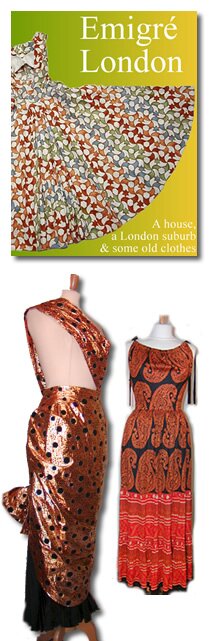 Greetings again everyone – you may recall my EMIGRE LONDON posts at the end of October before I gave way to Rick Schmidt book BLACK PRESIDENT in view of the recent news.
Greetings again everyone – you may recall my EMIGRE LONDON posts at the end of October before I gave way to Rick Schmidt book BLACK PRESIDENT in view of the recent news.
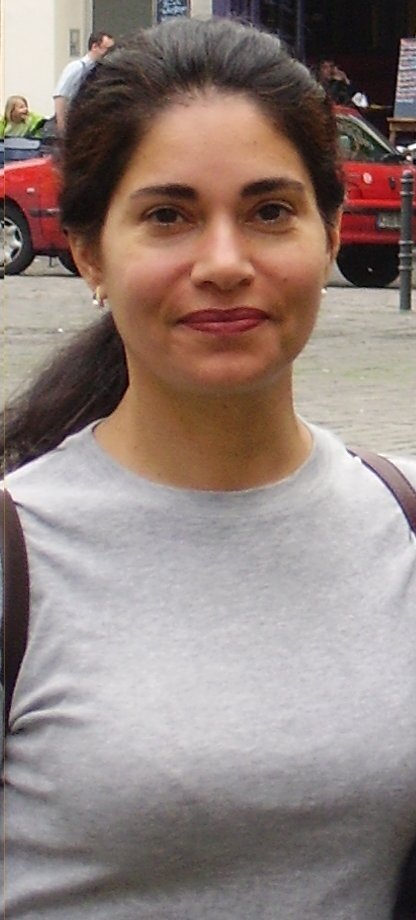 As a teenager, Mehrnaz was involved in the Iranian Revolution. She now lives in Europe.
As a teenager, Mehrnaz was involved in the Iranian Revolution. She now lives in Europe.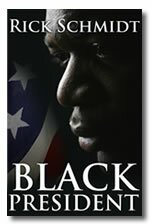
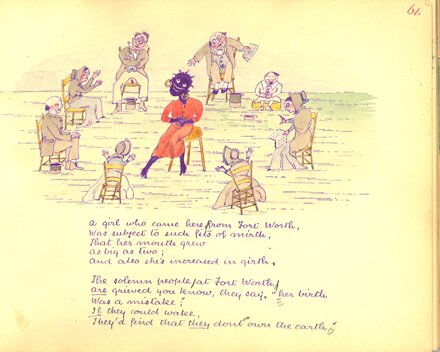
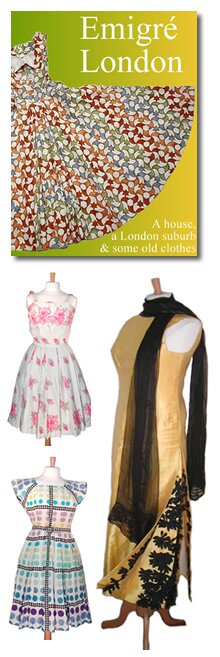 Here are some of the dresses I photographed for Émigré London. It was interesting to follow the evolution of fashion as well as the rules at the time: for instance it would not have been suitable for a married woman or a woman of a certain age to wear something too joyful or to revealing (today this rule has somewhat shifted . . .). As a consolation, a range of colourful scarves could be used to customise and brighten up an every day plain black dress. During the photo shoots, I couldn’t help noticing how some of the dresses and accessories clearly looked vintage while others could almost have been in today’s high street.
Here are some of the dresses I photographed for Émigré London. It was interesting to follow the evolution of fashion as well as the rules at the time: for instance it would not have been suitable for a married woman or a woman of a certain age to wear something too joyful or to revealing (today this rule has somewhat shifted . . .). As a consolation, a range of colourful scarves could be used to customise and brighten up an every day plain black dress. During the photo shoots, I couldn’t help noticing how some of the dresses and accessories clearly looked vintage while others could almost have been in today’s high street.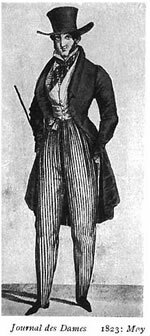 This mix goes even further back with the newly popular ‘empire waistline’ until recently only found in maternity shops!
This mix goes even further back with the newly popular ‘empire waistline’ until recently only found in maternity shops!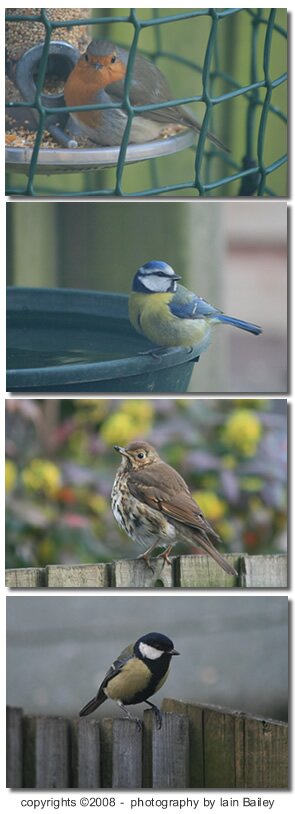 Do you have a bird feeder in your garden? I have a couple and one thing leading to another, my interest in photography grew. From close ups of insects on flowers, to British garden birds, observing their behaviour and catching a good shot is always a great experience. Once you take an interest, there are plenty of details to discover which are invisible to most. For instance, try to guess the social order of a group of sparrows by watching in which order they are feeding: spot the ones on watch and witness the panic when a sparrow hawk is at bay.
Do you have a bird feeder in your garden? I have a couple and one thing leading to another, my interest in photography grew. From close ups of insects on flowers, to British garden birds, observing their behaviour and catching a good shot is always a great experience. Once you take an interest, there are plenty of details to discover which are invisible to most. For instance, try to guess the social order of a group of sparrows by watching in which order they are feeding: spot the ones on watch and witness the panic when a sparrow hawk is at bay.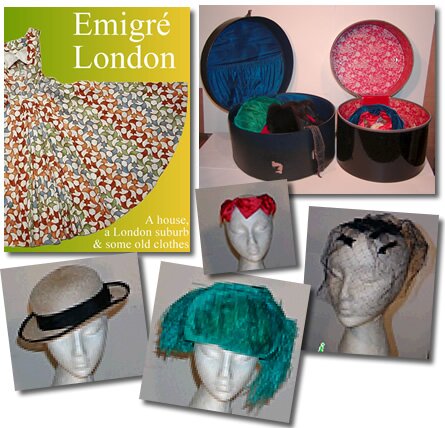
 Travelling north on my way home, I am spurred to ask myself if there are many climate change sceptics in Watford for if there are they will have been cheered by the sight of snow lying on the ground: ‘and it’s only October.’ If this indeed is the first taste of a cold winter, and that is what the Met Office is predicting, then Nigel Lawson will be able to lead a demonstration of thousands to No. 10 demanding an end to the great climate change conspiracy, Ryanair will launch even more flights to obscure destinations so that the better off segments of the middle classes can have a second home away from it all and of course our dear friend Jeremy Clarkson will be revving up his four wheel fans to ever greater ejaculations of joy. Indeed as the frosts descend it will appear terribly odd to many that we are planning to spend as much as we are on climate change when there are plenty of other things crying out for cash, like ailing banks for example.
Travelling north on my way home, I am spurred to ask myself if there are many climate change sceptics in Watford for if there are they will have been cheered by the sight of snow lying on the ground: ‘and it’s only October.’ If this indeed is the first taste of a cold winter, and that is what the Met Office is predicting, then Nigel Lawson will be able to lead a demonstration of thousands to No. 10 demanding an end to the great climate change conspiracy, Ryanair will launch even more flights to obscure destinations so that the better off segments of the middle classes can have a second home away from it all and of course our dear friend Jeremy Clarkson will be revving up his four wheel fans to ever greater ejaculations of joy. Indeed as the frosts descend it will appear terribly odd to many that we are planning to spend as much as we are on climate change when there are plenty of other things crying out for cash, like ailing banks for example.